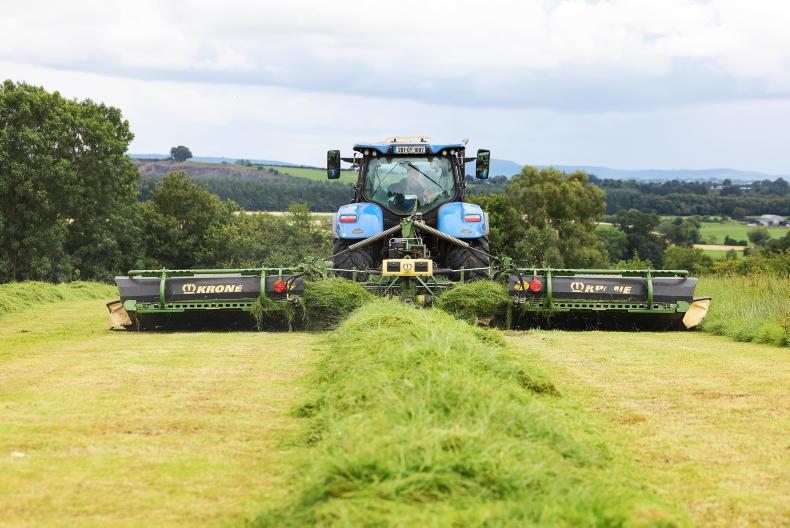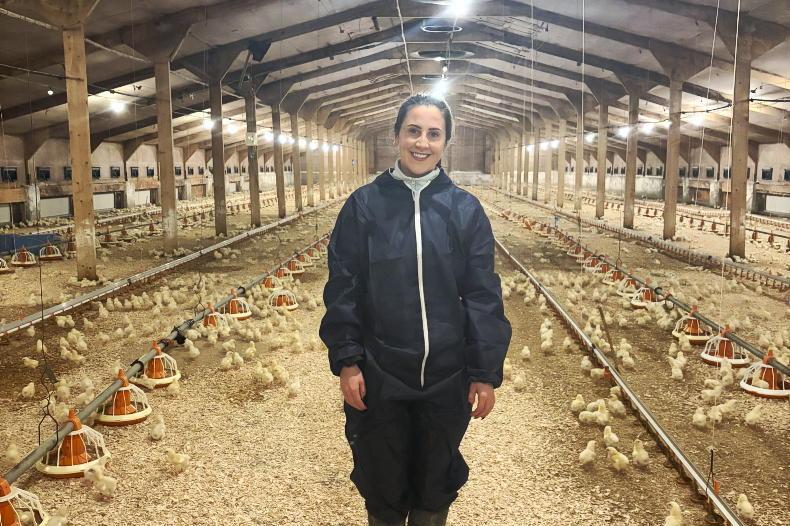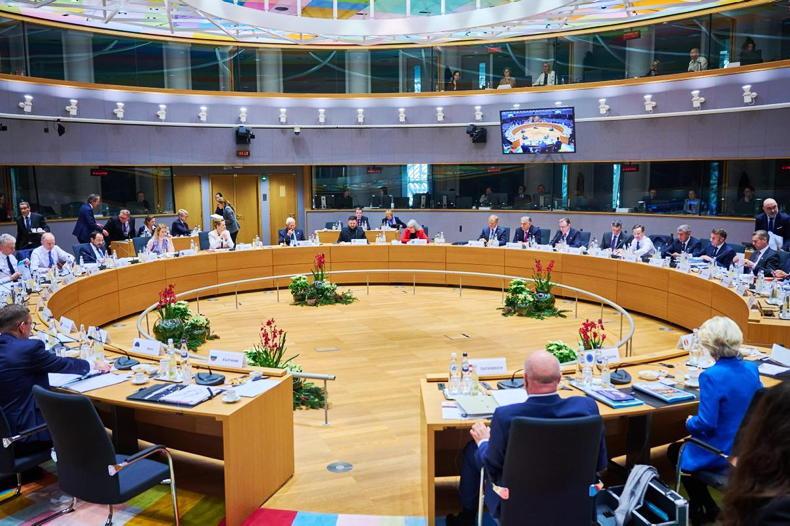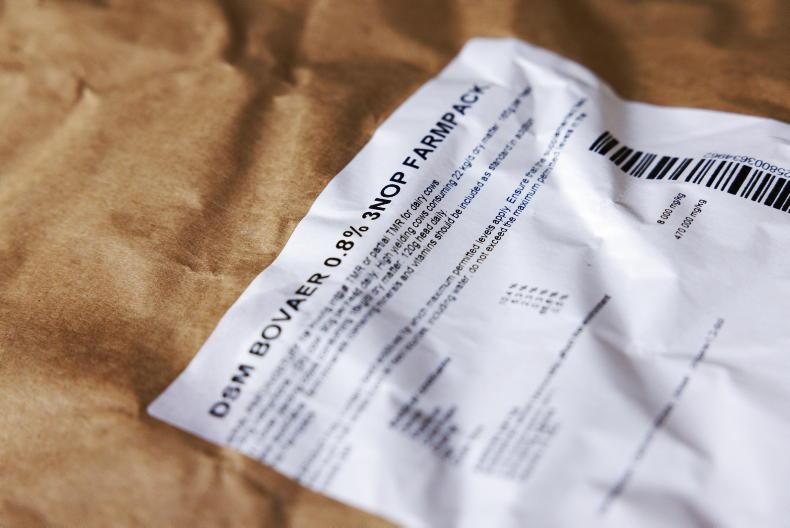Denmark's rapidly developing anaerobic digestion (AD) industry has started to pay livestock farmers for manure exported to their plants.
Denmark's AD industry is largely based on farm wastes such as slurry, manures and litter. Few purpose-grown energy crops are used.
The industry currently uses around 33% all slurry and manure produced in the country and aims to reach 70% within a few years.
Due to increased competition from AD operators, livestock farmers are now being paid an average of €3.5/t for farmyard manure or chicken litter.
While slurry is a significant feedstock for AD in Denmark, it isn't economical to pay for it, as biomethane yields are too low.
Farmers typically supply the slurry in return for digestate, which has a higher level of available nutrients. Many farmers enter into long-term agreements with AD plants to supply slurry and manures.
AD industry
During a briefing at SEGES Innovation - a Danish independent agricultural research and innovation company - attendees of the Irish Farm Buildings Association tour learned that there are now 75 operational AD plants in Denmark, many of which have been developed over the past 10 years.
These AD plants process anywhere from 35,000t to upwards of 1,000,000t of feedstock per year to produce biomethane gas.
Around 70% of all feedstock used in AD in Denmark comes from animal slurry, while farmyard manure and litter are also significant feedstocks.
Straw from cereal crops has been identified as a significant new source of feedstock that will be used in many of the newest AD plants.
Most AD plants are directly connected to the national gas grid and supply 60% of Denmark's natural gas use. By 2027, 100% of the gas will be supplied by AD plants in the country.
Nitrogen availability
Denmark operates under the nitrates directive, which includes a derogation of up to 230kg N/ha. Denmark also enforces restrictions on the use of mineral fertilisers, maintaining them at levels considered economically optimal.
In certain situations where farmers require more nutrients than they can purchase, they turn to enhancing the nitrogen content of their manure through AD.
The process of AD breaks down more inorganic nitrogen in slurry, reducing its dry matter content by up to 40%, and increasing the availability of nitrogen in the form of ammonium. This enriched digestate can then be used on the farm again.
Contractors
The splash plate has been banned since 2001 in Denmark, but few farmers were still using it at the time. Farm contracting is a big business in Denmark, helped by larger farms and a thriving AD industry.
Contractors are typically used to spread digestate with either a trailing shoe or injection system at an average charge of €4/m3. Digestate can be spread from 1 February to 1 October.
Biomethane price
The average price paid for biomethane in Denmark is 9c/kWh, plus green certificates. Depending on the type of feedstocks used, this could bring the total value of the biomethane gas up to 13c/kWh.










SHARING OPTIONS